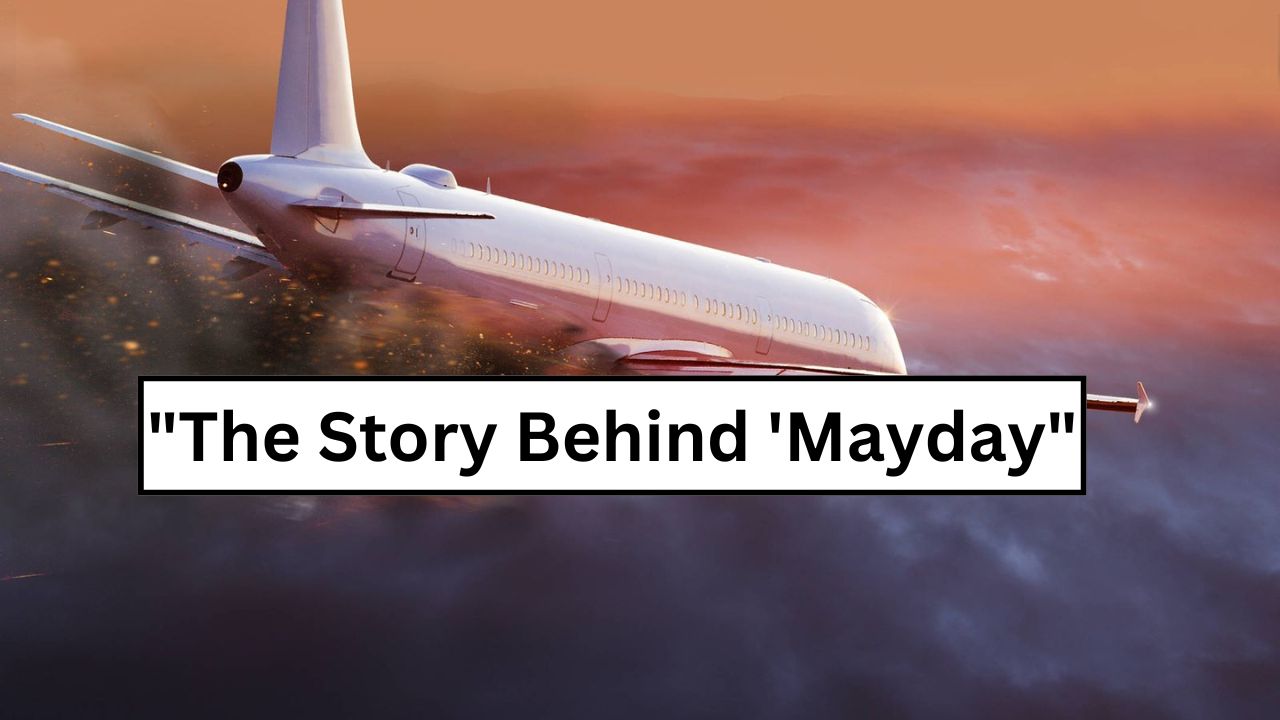Movie buffs or not, we have all heard of the term mayday enough times to ascertain that this is a distress call signal.
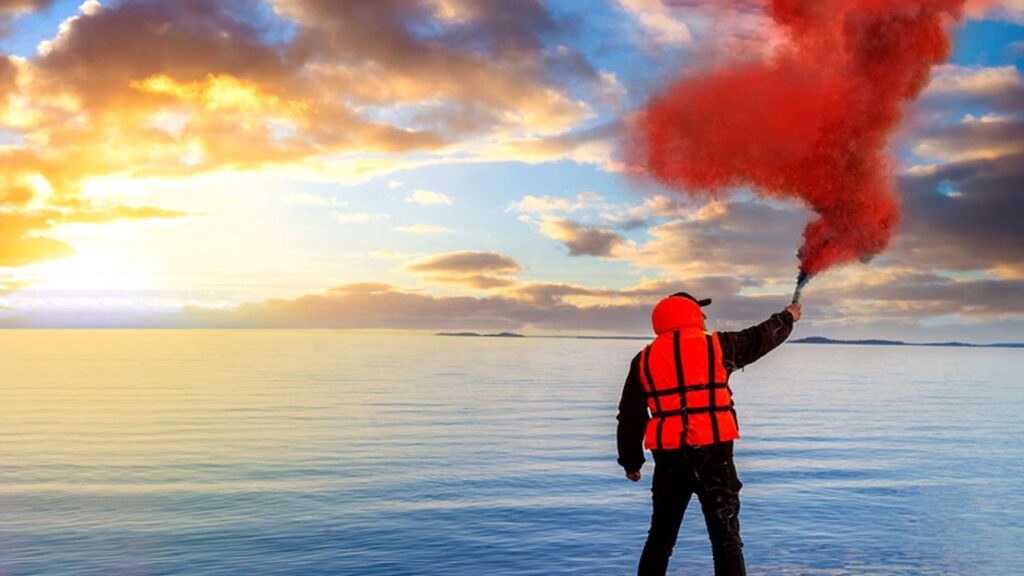
In fact it is an internationally recognised radio word to signal distress. But how did it come about? And what’s its relevance.
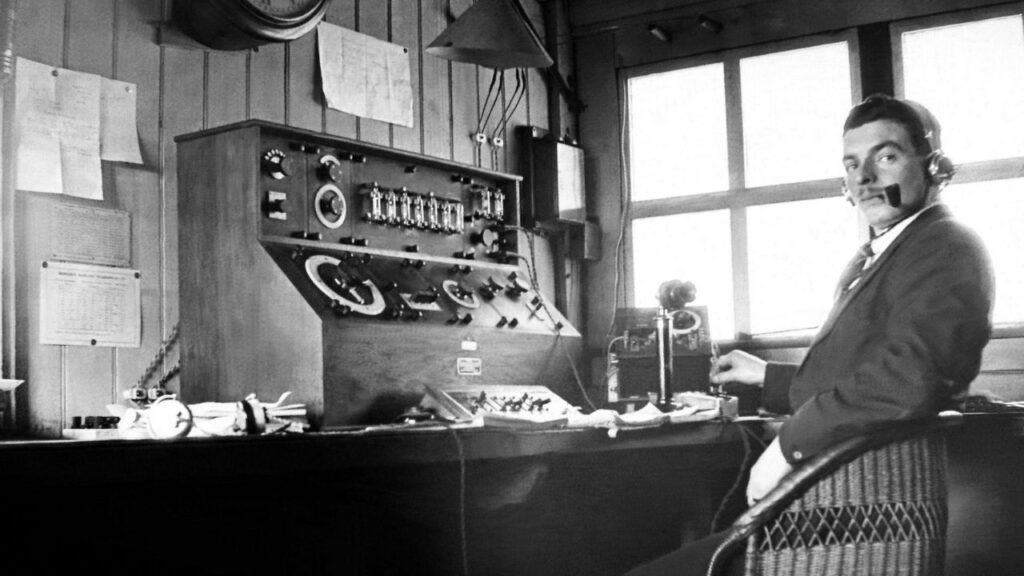
Mayday is believed to have been first used in England by a gentleman, Frederick Stanley Mockford, who was the officer-in-charge of radio at the Crydon Airport in England in the 1920s. There was a lot of air traffic between England and France in those days and that lead to a lot of confusion and near misses on-ground and in the air.
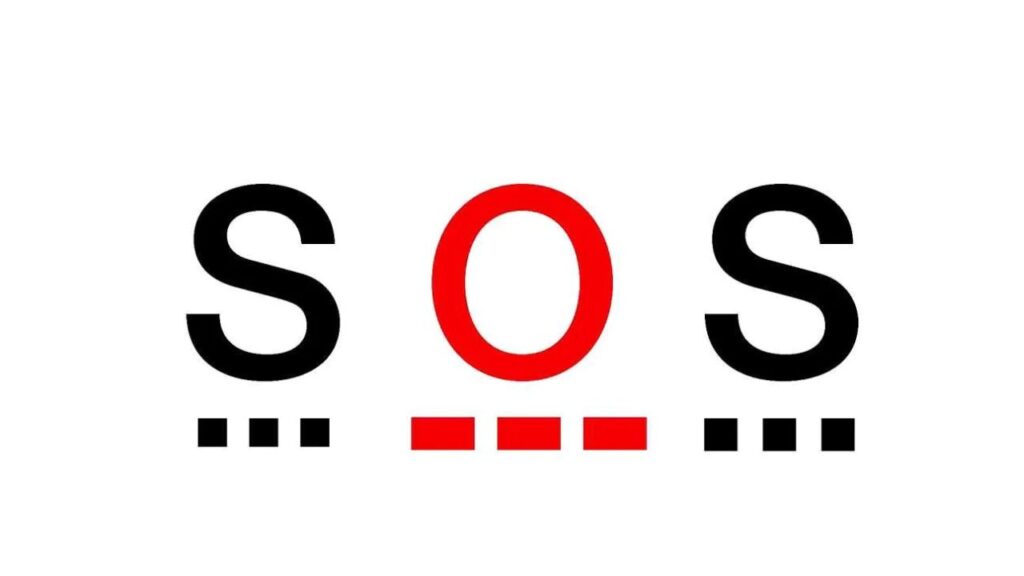
The SOS signal also known as the morse code was widely used until then, and went something like this: (…—…) when sent via telegraph. While, SOS as a telegraph code was very widely used and accepted by ships in distress, the story complicated a little as air travel caught on.
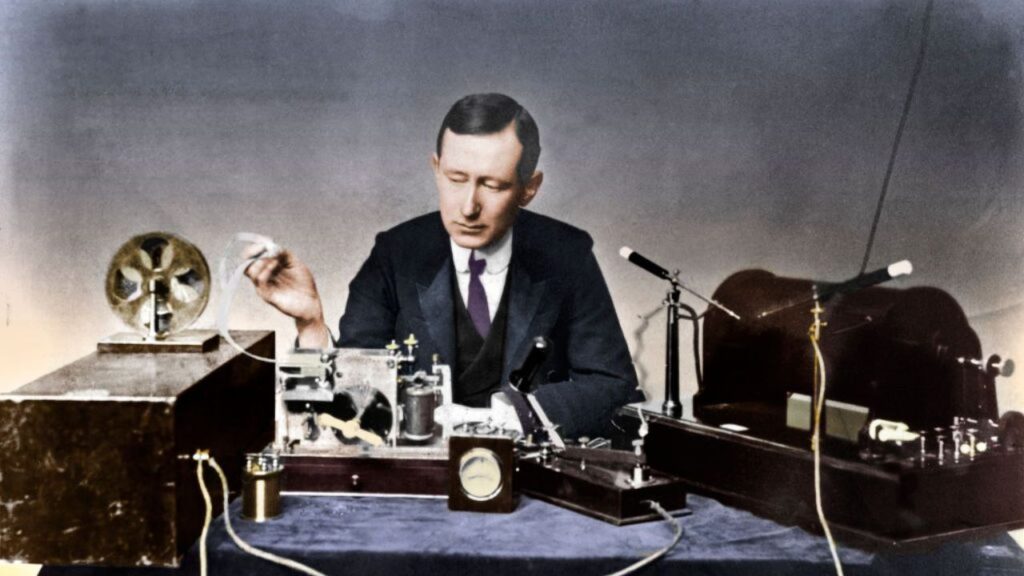
Aircraft, by comparison, used radio and not telegraph as their primary means of communication, and when in distress, a pilot didn’t have enough time to clarify that they meant S as in “Sam” and not F as in “Frank.” A short, easily understood word that couldn’t be mistaken for something else was thus necessary.
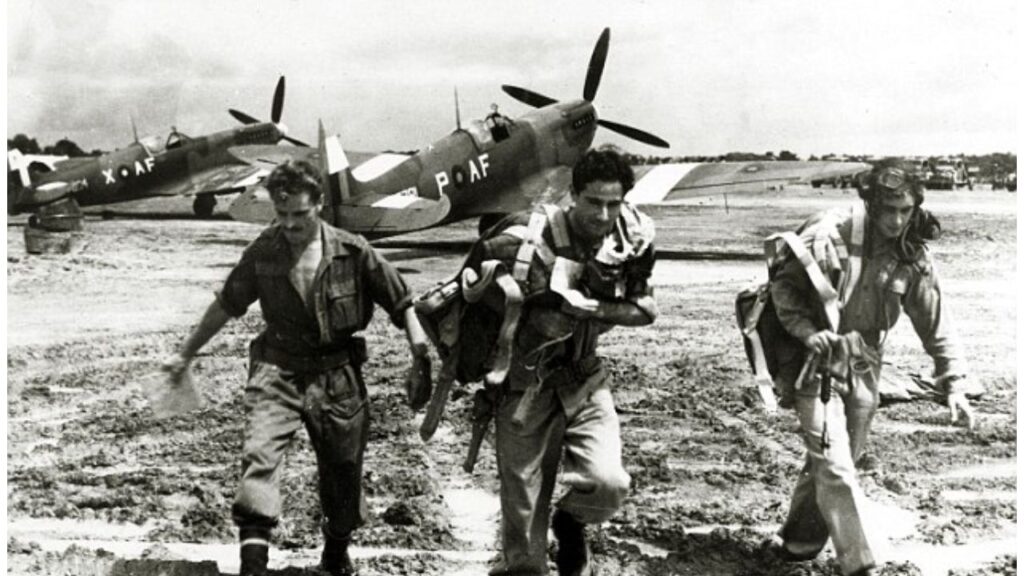
So, Mockford was asked to think of a word that would indicate distress and could be easily understood by all pilots and ground staff alike, in an emergency. He proposed the term “mayday”, the phonetic equivalent of the French m’aidez (“help me”) or m’aider, a short form of venez m’aider, “come, help me”.
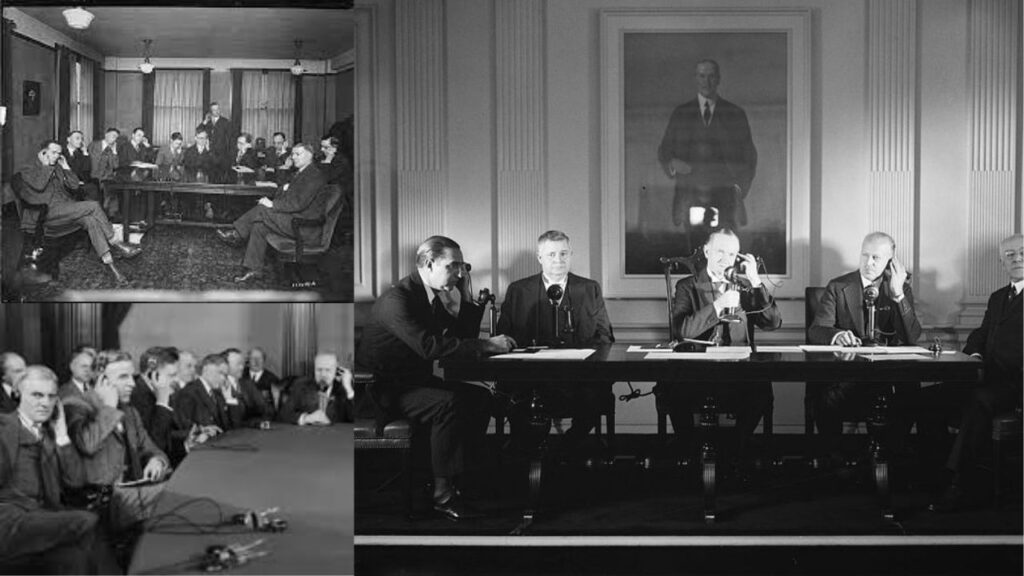
The call, mayday, spread well beyond the English Channel and the new distress signal’s use was reported from as far away as Singapore. In 1927, the United States formally adopted it as an official radiotelegraph distress signal.
Now in many countries, local organisations such as firefighters, police forces etc. also use the mayday code to signal distress. It’s wide use caught the attention of Hollywood and soon, we had mayday being used widely across a number of movies, series and more! But remember, convention requires the word to be repeated three times in a row during the initial emergency declaration-“Mayday, mayday mayday”.

